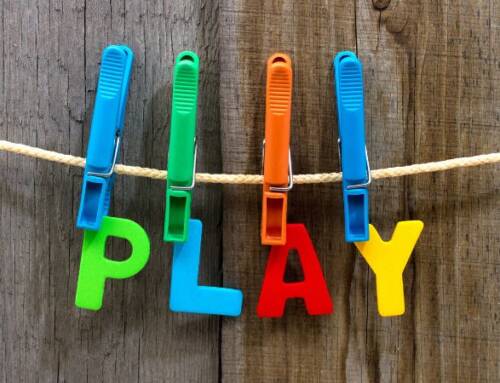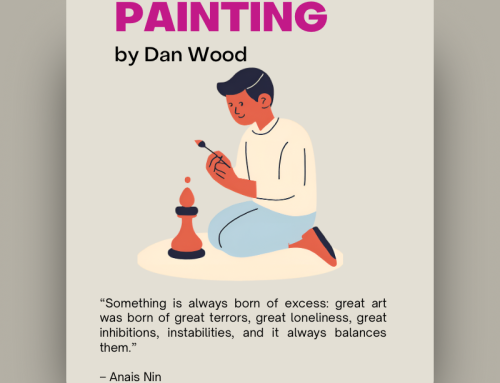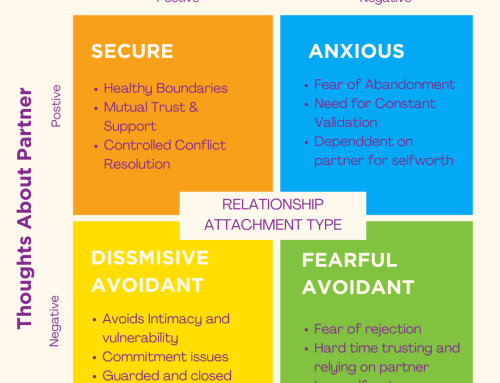Child in the crossfire
You are either reading this as a parent or teacher concerned for a child caught up in conflict, or you’re a child wondering why it’s all happening to you.
Getting caught in the crossfire of something that isn’t to do with you is horrible. No matter the reason, it’s awful. If you’re a child, it can feel like no one is listening to you – no voice.
Here’s a passage from a teenager talking about the divorce of their parents. Divorce is not right or wrong – it’s personal to each couple, so judgement is not made here. If we remove the why of conflict and simply look at the child’s perspective, we can start to see what we do have control over. It’s also worth noting that conflict isn’t always divorce; it’s anything that impacts a child out of their control.
“My parents fought and fought until they had enough. I was put in the middle of everything and had to make tough choices that I didn’t really want to. I don’t want anyone to experience what I did.” Psychology Today
Here we have a child that is being placed in ‘the middle’. This is what hurts from a child’s perspective:
- Their sun and moon (parents) are both essential to them, but now instead of working together, they war with each other or shout a lot.
- The shouting makes them feel funny inside. They might have a stomach ache, feel angry, feel like wetting themselves, want to hide, struggle to sleep or cry.
- They seem to want the child to take sides or talk through them (tell him/tell her).
- Their daily environment isn’t calm – it’s not a safe haven to unwind – not fun.
- The conflict takes all of the oxygen – no room for their day and what they might be struggling with.
- They don’t want to hear bad things said about the people they love.
Remember, if a child is in harm physically or mentally, you can call the NSPCC or the police in an emergency.
How to help a child
In general, a child can be greatly helped with the following advice.
I’m a parent – how do I help my child?
- Put the child first in your mind in every situation.
- Consider:
- Talking instead of shouting.
- Going for a walk and talking about what’s happening. Reassure the child that they are loved and cared for. Listen to what they have to say.
- Not arguing in front of the child. Showing a calm way to resolve and be a grown-up is important.
- Regularly checking in on a child’s feelings.
- Spending calm one-on-one time doing something away from a screen with your child that they like. Reassure them that you’re here and listening.
- Not putting them in the middle of an argument.
- Not using abusive language to describe the other parent or sway how they feel about them.
- Asking if they need support or arranging it for them with a GP, therapist, school, or charity.
- Monitoring their interactions online as they may seek help from the wrong people or make poor decisions. You can look for changes in behaviour (more quiet/loud). Give them a person to call if they feel they can’t talk to you and tell them you won’t be hurt if they can’t talk to you. The most important thing is they talk to a safe person.
I’m a teacher – how can I help?
- Does the child need safeguarding or support? Contact your Designated Safeguard Lead (DSL).
- Is the child acting differently than normal (louder or quieter)?
- Do they have the opportunity to talk and be supported?
- Are there external resources that can help?
- Do the parents know about the child’s change in behaviour?
- Can you support the child and family through conflict?
- Can reasonable adjustments be made to help the child?
- Is there a buddy available to befriend the child during this time?
I’m a child/teenager, and I need help
- Remember this is not your fault.
- It’s okay to feel sad, and the right people can help you.
- Don’t ask strangers online for help unless they are from a registered charity. There are safe people to talk to including your parents, school, college, a therapist, the police and the NSPCC.
- Talk. Can you tell your family how you feel?
- Writing a letter to your parents can work well. Try not to be angry about it or blame them, but tell them what you’re finding difficult, what you’d like to change and how it makes you feel.
- Do not put yourself in danger. You won’t always feel like this. There is hope.
- NSPCC – 0808 800 5000 — email help@nspcc.org.uk.
Read the child in crossfire personal story and advice from an AoC team member.
The AoC Trust can provide therapy for a child, family and have an accredited contact centre for support with child contact. Email support@theaoc.org.uk for more information.





